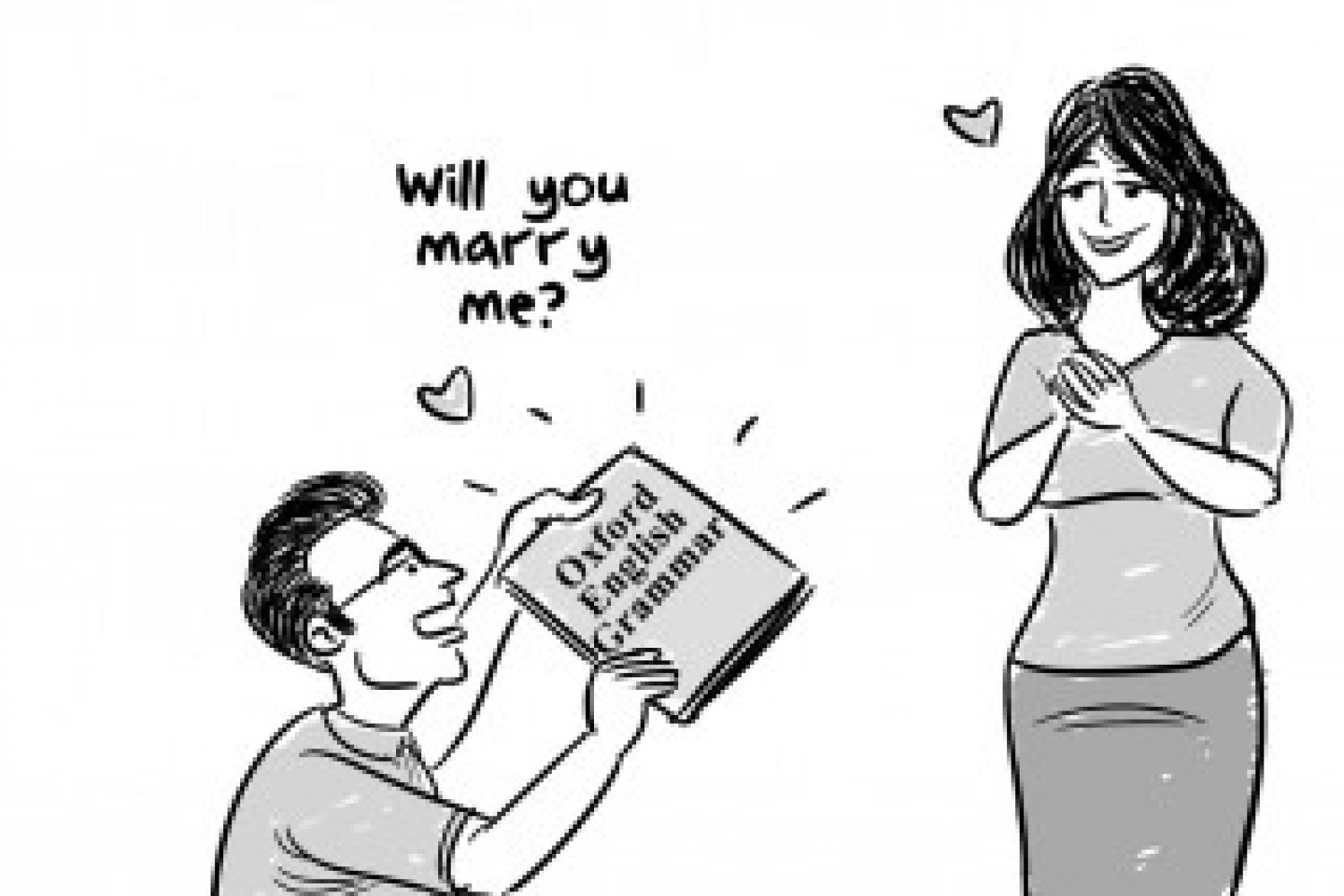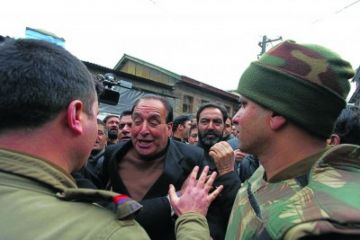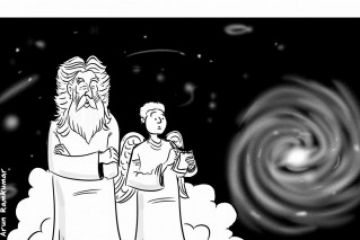
An old proverb says when poverty comes in at the door, love
flies out the window. In Iran, Khomeini kicked open the door, decreed English
the devil’s language, and out the window it would have to go, together with me,
the devil’s disciple, as I promoted it despite the teachers in the province of
Sistan and Baluchistan signing a petition asking that I be allowed to stay.
The civil war, rewritten as the “Revolution”, resulted in a
mass exodus of expatriates (and Iranians) of all co





